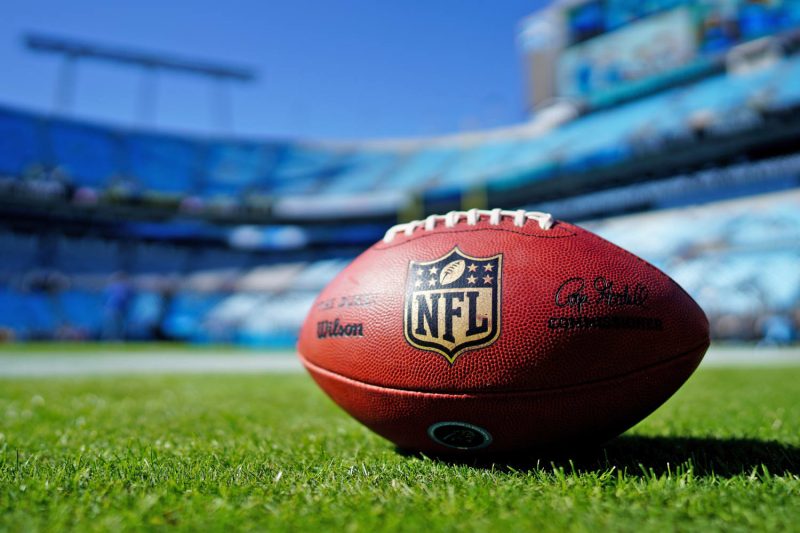The recent decision by NFL owners to approve the entry of private equity firms into the league has sparked debate among fans, players, and analysts. This move marks a significant shift in the traditionally conservative approach to ownership in professional sports and raises questions about the potential benefits and drawbacks of such partnerships.
On one hand, proponents argue that private equity investment could inject much-needed capital into struggling franchises, helping them compete on a level playing field with wealthier teams. By providing financial resources and expertise in areas such as marketing and operations, private equity firms could help teams modernize their operations and enhance their overall competitiveness. This infusion of capital could also lead to increased revenue streams, allowing teams to invest in player development and infrastructure.
However, critics of the move raise concerns about the influence of private equity on the league’s decision-making processes. Private equity firms are known for their focus on maximizing short-term returns, which could clash with the long-term goals of preserving the integrity of the sport and ensuring the well-being of players. There are also worries about the potential for conflicts of interest, as private equity owners may prioritize profits over the best interests of the league and its fans.
Furthermore, the entry of private equity firms into the NFL could have broader implications for the future of professional sports ownership. If successful in the NFL, private equity investment may spread to other leagues, fundamentally changing the landscape of sports ownership and potentially altering the dynamics of competition and revenue-sharing.
Ultimately, the decision to allow private equity firms into the NFL represents a balancing act between the potential benefits of increased financial resources and expertise and the risks of conflicts of interest and short-term profit motives. As fans and stakeholders continue to monitor the implications of this move, it remains to be seen how private equity investment will shape the future of the league and professional sports as a whole.
